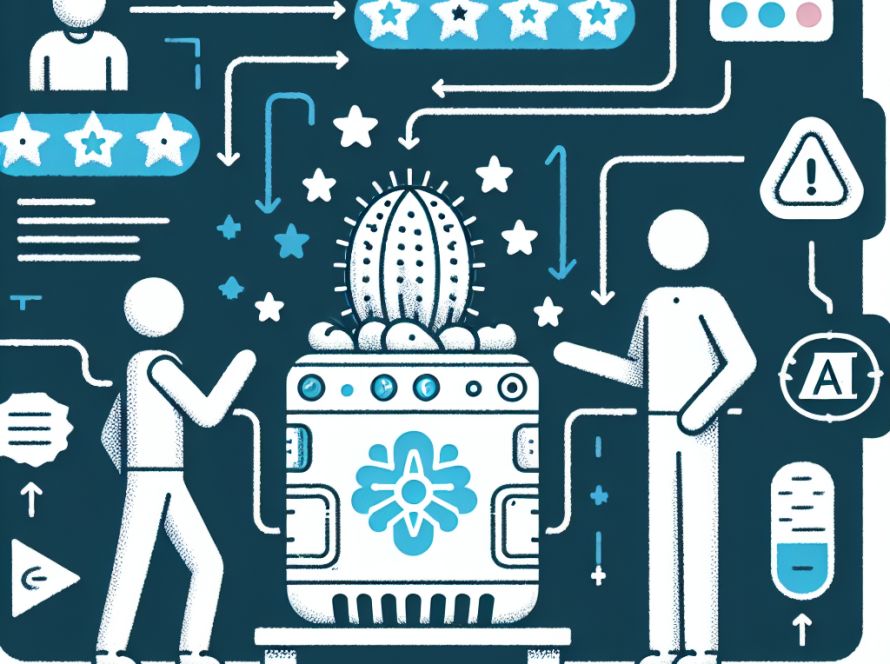In the world of automated processes in modern industries, a new advancement has been introduced named FlowMind by JP Morgan AI Research. This research’s primary focus is on implementing methods of automating tasks that require flexibility and spontaneous decision-making, unlike the conventional robotic process automation (RPA) systems that handle more static and routine activities.
Traditional RPA systems usually have predefined workflows that may fall short in the face of unpredictability. However, many sectors, notably the financial services, demand dynamic workflow automation as they often deal with non-standard tasks requiring high security and adaptability levels, especially in environments where data integrity and confidentiality are crucial.
The prevalent rule-based systems like UiPath and Blue Prism have generally targeted routine tasks such as data entry and customer service. Yet, the development of Large Language Models (LLMs) like OpenAI’s Generative Pretrained Transformer (GPT), Langchain, HuggingFace’s Transformer Agent, and AutoGPT have expanded capabilities into dynamic code generation and adaptability into problem-solving scenarios.
Introduced by JP Morgan AI Research, FlowMind employs LLMs, particularly GPT, to automate workflows dynamically. It stands out due to its ‘lecture recipes’ used to prime LLMs before task engagement, ensuring the understanding of the task context and API functionality. This method significantly enhances the model’s ability to manage complex, real-world tasks securely and efficiently without interacting directly with any sensitive data.
FlowMind operates on a two-stage framework, educating the LLM initially about task-specific APIs during a lecture phase and then applying these details to generate and execute code based on user inputs. This system uses a dataset specifically designed for financial workflows, allowing for continuous workflow refinement.
FlowMind demonstrated exceptional performance, achieving a 99.5% accuracy rate on simpler tasks and 96.0% on more complex scenarios. This significantly outperforms traditional RPA systems by incorporating user feedback and enhancing the applicability, accuracy, and security of the generated workflows.
In conclusion, FlowMind, developed by J.P. Morgan AI Research, represents a significant advancement in RPA. Its unique two-stage framework approach combining structured API interactions and user feedback provide adaptability and security and has been shown to achieve up to 100% accuracy in real-world financial scenarios, making it an ideal and scalable solution for industries requiring robust, flexible automation systems.


